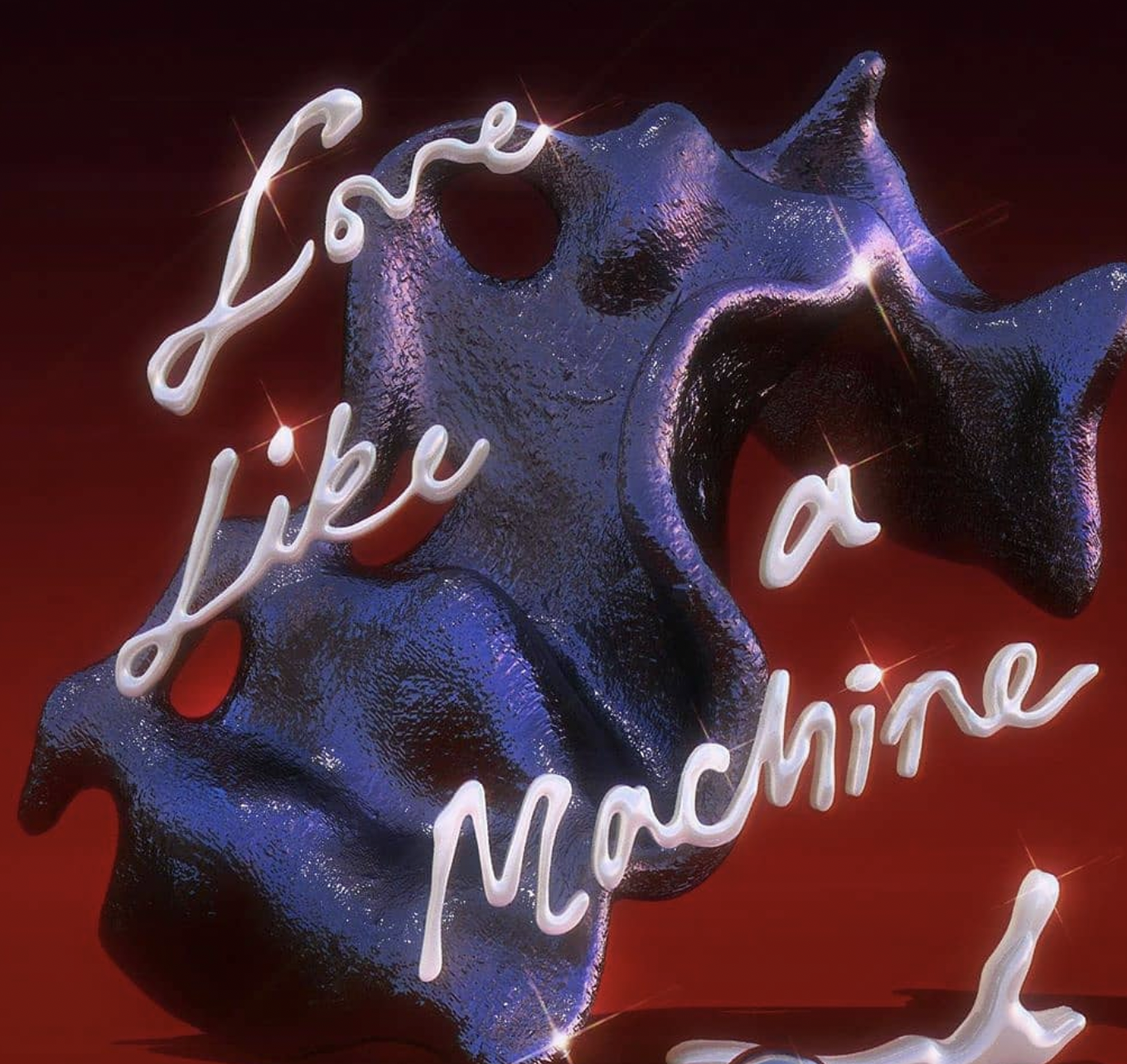Rocket AI: 2016’s Most Notorious AI Launch and the Problem with AI Hype- Published Medium, December 2016

It’s 3 AM on a warm Thursday night in December, a usually quiet street in the Gothic Quarter in Barcelona is bustling with activity, as a cohort of 200 artificial intelligence researchers leave in single-file out of a sprawling yellow mansion. The police count heads as the researchers film the procession on their phones and tweet #rocketai.
The guest list looked like the results of a search for most popular AI authors on arXiv. Every major corporate and academic AI lab was in attendance — Google DeepMind, OpenAI, Facebook AI Research, Google Brain, Stanford University, MIT, U of Montreal, as well as a multitude of other AI start-ups and investors from around the world — all in town for the 30th annual NIPS conference.
NIPS (Neural Information Processing Systems) has become the academic and industry AI conference, growing near-exponentially over the past decade as corporate sponsors fight to keep the loyalty of their engineers and aggressively recruit others. Corporates plan months in advance to parade their capital expenditure and technical talent. Tickets for the main conference, despite nearly doubling in quantity since last year, sold out more than 6 weeks before the event.
Invitations for the launch party were circulated at 4pm the day of, whilst people sat in research symposia at the Barcelona conference center. No one had heard of “Rocket AI”. A mysterious website referenced ‘patent-pending’ “Temporally Recurrent Optimal Learning”.
Several hours later, drinks continued to pour as different researchers came forward as part of the team. Dr. Anders Sandberg of Oxford University’s Future of Humanity Institute delivered a 10 minute introduction to Temporally Recurrent Optimal Learning to a crowd including MIT Tech Review, The Guardian and other press. He shared his enthusiasm for the new research paradigm and its potential to revolutionize traditional neural network architecture.
As the police shut down the over-crowded party, attendees reported on social media.
Artificial Intelligence has become the most hyped sector of technology. With national press reporting on its dramatic potential, large corporations and investors are desperately trying to get into the space. Many start-ups take pains to emphasize their utilization of ‘machine learning’ in their pitches, however trivial.
The M&A market for AI in 2015 saw 33 acquisitions, of which the average team size was seven. It’s now common for savvy AI researchers to create a company purely to be acquired, knowing that the right buzzwords will attract VCs, and that eventually a corporation will pay for the team. Top machine learning researchers have become the most coveted of all the Pokémon. The tech press celebrates companies with no product, contributing no novel technology, at over-inflated valuations.
Unless you’re keeping up with the field, talking to researchers, reading papers, tracking academia, and following start-ups, you can be easily fooled by AI hype. A year ago, investors were looking for Deep Learning for X. Now, some investors are sniffing around for Reinforcement Learning for X (another branch of machine learning, where algorithms optimize to maximize a reward). Outside of the research community, there’s little depth of understanding of these terms, or why for instance RL and DL are often totally unnecessary for X.
In reality, deep learning, reinforcement learning and other branches of machine learning are decades-old ideas, brought to life in recent times by the availability of massive data sets. Looking at recent updates from research leaders such as OpenAI and Google DeepMind, the focus has been on distributing learning environments for people to train their AI agents. Open AI’s launch of Universe gave the AI community thousands of game and web environments in which to train their algorithms, a luxury previously available only to large players like Google, who have internal teams creating simulated environments.
Investors aren’t involved enough in the space to know that the first Reinforcement Learning textbook was written in 1998, or that what separates a successful applied machine learning company is often the novelty, quality and/or quantity of the data they have access to. Clever teams are exploiting the obscurity and cachet to raise more money, knowing that investors and the press have little understanding of how machine learning works in practice.
The danger of hype is that it diverts attention away from researchers who build the tools and theories that advance the field, or the real companies trying to solve problems with machine learning optimization. Instead we have competitively bougie parties, stealthy companies on the hunt for an acquisition pipeline, and the ridiculous valuations of companies that merely leverage hyperbole.
Turns out anyone can make a multi-million dollar company in 30 minutes
…with a website editor whilst in a Spanish mansion found on AirBnB. ‘Temporally Recurrent Optimal Learning’ is a combination of buzzwords we put together to spell out TROL(L) that were conjured up over breakfast. If we hadn’t put significant effort into making sure people realized it was a joke, Rocket AI would still be in the press right now.

Having watched the field change the last few years, the AI community knew exactly what to do to play hype at its own game and help support the launch of the ultimate fake AI company. Saying that, we must give huge praise to Dr Sandberg for improvising an entire speech at the party on a fake area of machine learning.



And the AI community continued to be in on the joke, spreading the #RocketAI meme on Reddit, Quora, Crunchbase, and on twitter.
Metrics for the Rocket AI launch party

Not one, nor two, but five major VC funds reached out about investing in Rocket AI.
AI is at peak hype, and everyone in the community knows it. Some of us have begun to humor it, and that’s what #RocketAI has been about. Unless more of us fight for technical integrity and try to educate more capital allocators, then someday soon the bubble will burst and real scientific progress and real companies will lose. And a bunch of investors who tried to capitalize on the sector through brute force.
The field of AI does deserve all this attention, considering the potential value and impact of these technologies across all industries. We need many more great engineers, more people working on policy, more intelligently distributed capital and more impactful applications of machine learning. And instead of playing the hype game, we should be supporting those people trying to do the hard thing, which is building and executing real solutions. With AI we have a toolkit to reduce the complexity of the grandest of challenges, generating better outcomes for future generations. There are so many systemic problems we could tackle with the collection of novel data and the optimization of decision making.
Until then, you can buy your Rocket AI t-shirt here.
